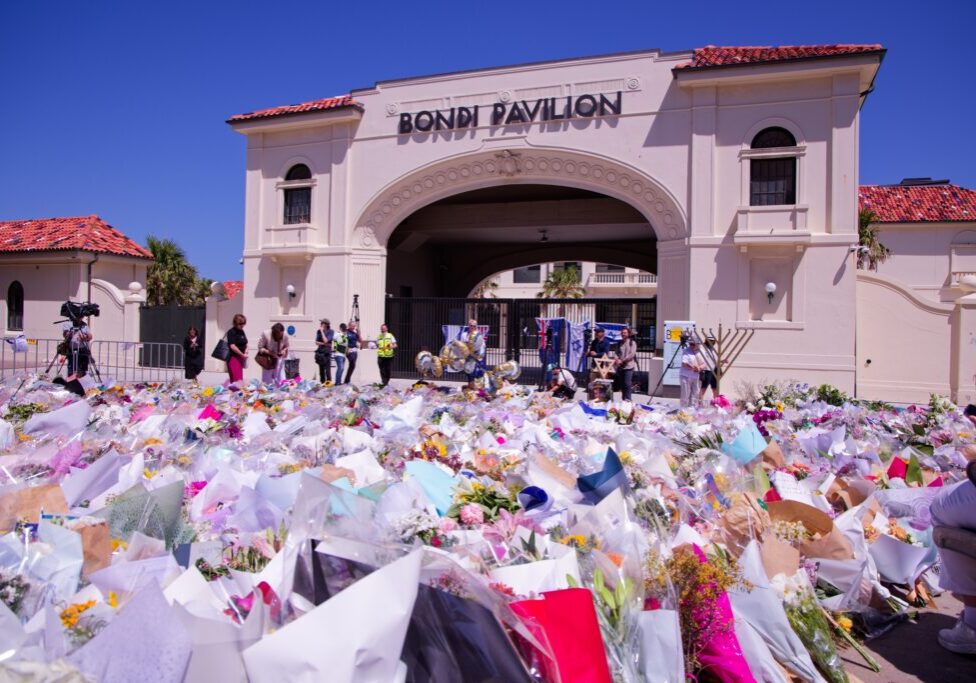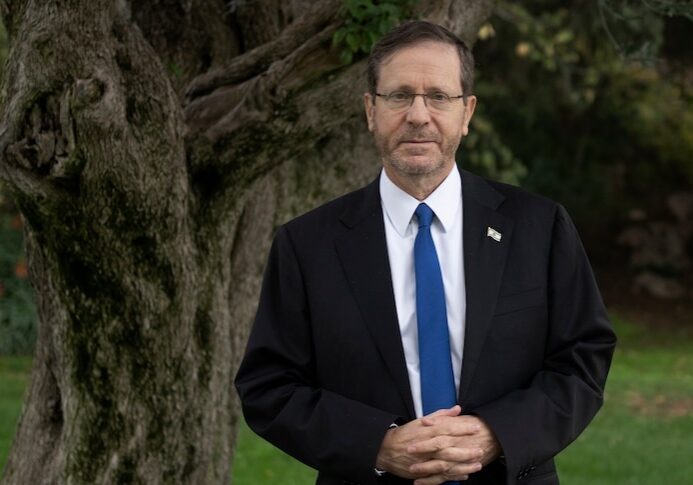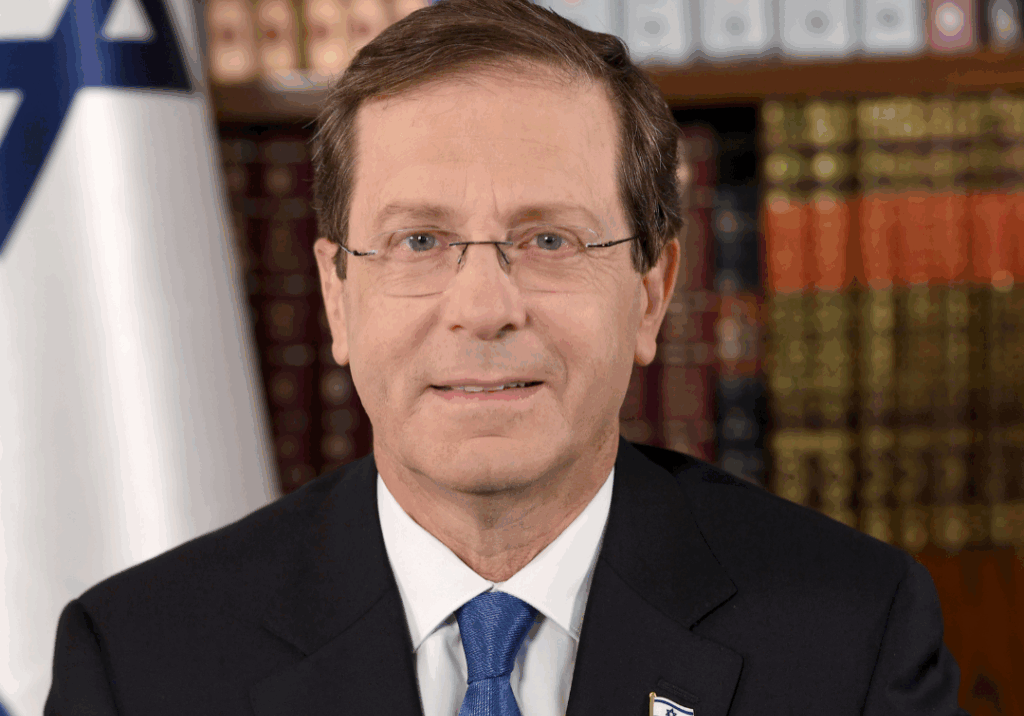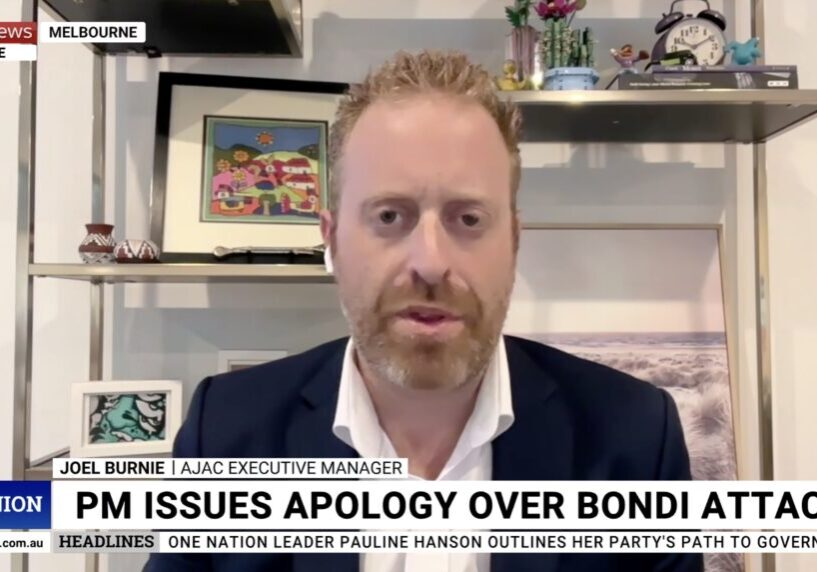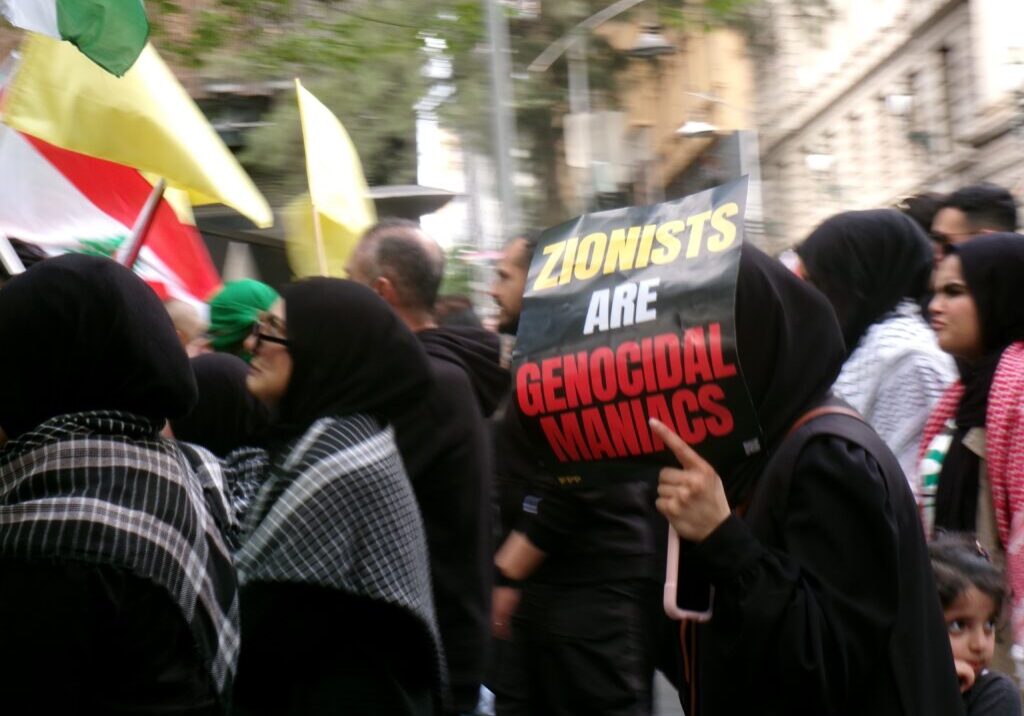Australia/Israel Review
Australian Multiculturalism in 2020
Nov 25, 2020 | Naomi Levin
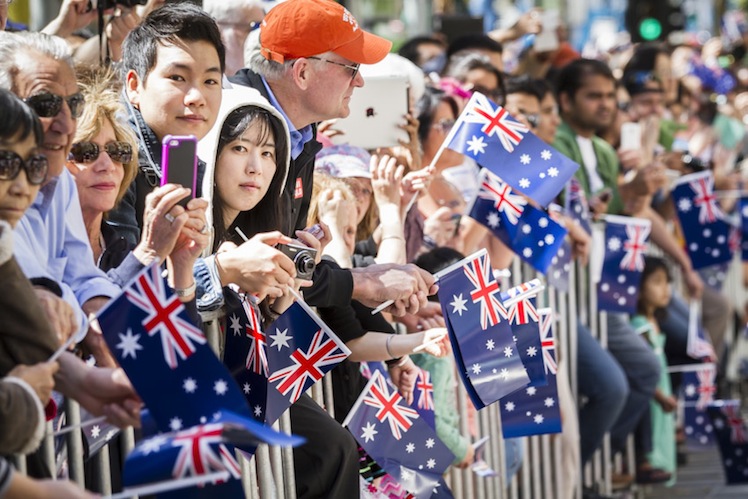
Challenges to a key policy in an extraordinary year
There are few government policies that have survived, despite numerous challenges, for 40 years. Australian multiculturalism is, fortunately, one of them.
A speech delivered in August by Acting Minister for Immigration, Citizenship, Migrant Services and Multiculturalism Alan Tudge, was a solid restatement of Australia’s long-term commitment to multiculturalism.
This commitment promotes the same values that have held multiculturalism strong under both Coalition and Labor governments, including the insistence that all Australians uphold responsibilities to the state and society, such as respect for the rule of law and mutual tolerance. These commitments are coupled with the rights of individuals to maintain ties to their faith, language or national group. Australian multiculturalism also focuses on spreading core values of democratic participation, free speech and free association, and gender equality, as well as a commitment to learning the English language. This combination has seen Australia described by many as “the most successful multicultural country in the world.”
“Our social cohesion is particularly remarkable given the size and diversity of our migrant intake. There are people from every single country on earth living here,” Tudge emphasised during his National Press Club address.
Nonetheless, as Tudge acknowledged, it is also true that Australia’s multiculturalism has been facing significant challenges. Some of those challenges have been overcome, others are being addressed, still others are emerging.
What has been common to all these challenges so far is a willingness by government, not-for-profit groups, academics and community leaders to recommit to multiculturalism, while working towards its improvement. This willingness must continue.
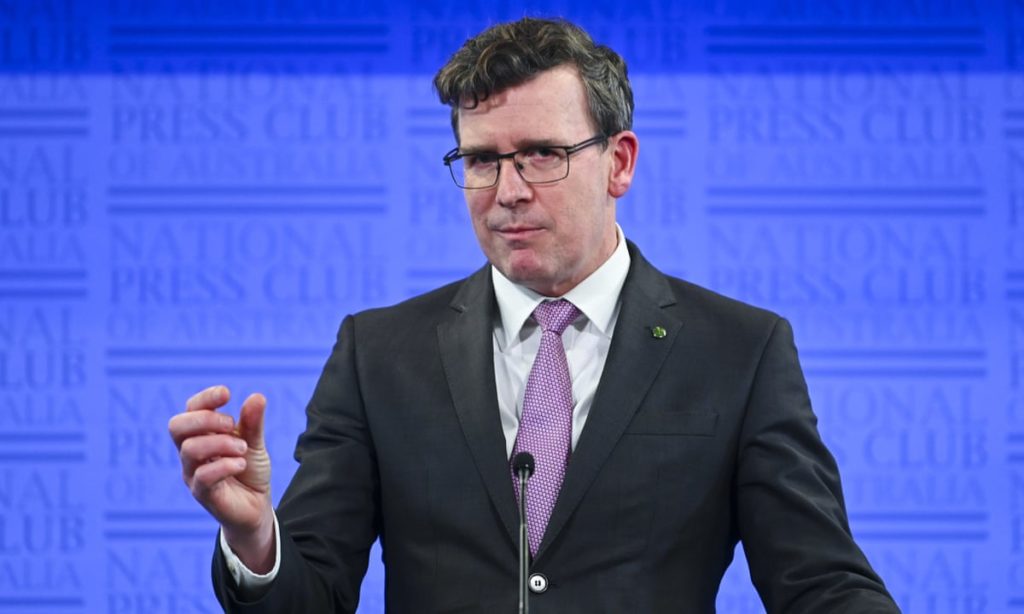
Multiculturalism Minister Alan Tudge: Four new challenges to Australian Multiculturalism
Tudge outlined four significant contemporary challenges to Australian multiculturalism: coronavirus, foreign interference, lower levels of English language adoption by some migrants, and technology.
For some commentators, these challenges are too significant to overcome. Some have charged that Victoria, in particular, is crumbling under “toxic multiculturalism” and that this has somehow caused the spread of coronavirus.
This can lead to charges that Australia should be trying harder to assimilate migrants. But the idea of assimilation, where, as Tudge said in 2018, “we must abandon our cultural and religious heritage and all become the same,” is illiberal and impinges on people’s freedom to express their identity. Australian multiculturalism has always favoured an approach based on integration – whereby Australians are encouraged to maintain cultural and religious traditions associated with their heritage, if they wish, but also expected to adapt to and seek to be a part of mainstream Australian economic, social and occupational life.
Other critics argue multiculturalism has not gone far enough. Despite being official policy for so many decades, multicultural Australia is not yet reflected in the media and leadership positions, they argue. For example, all of Australia’s prime ministers have been of Western European, Christian background. These critics sometimes advocate affirmative action or similar policies.
While there are certainly challenges, Australian multiculturalism has absorbed the impacts of significant global challenges. It has previously dealt with foreign interference, albeit on a smaller scale, while the challenges of migrants learning English and participating in the economy are long term ones. Technology is a modern minefield, but can provide solutions as well as challenges.
Coronavirus
As a result of coronavirus, lockdown measures have restricted participation in important community rituals – such as collective religious worship or meetings of volunteer groups. The economic hit caused by coronavirus and its effect on employment have also affected Australia’s social fabric. As Tudge said, “we know that when unemployment rises, sentiment towards migrants can deteriorate.”
But this is not the first global event to impact Australia’s robust multiculturalism. Take the 9/11 terror attacks and the world they created once many populations realised they were a target of fanatical Islamists.
In the 2000s and into the 2010s, Australians worried about the likelihood of a large-scale terrorist attack in Australia. This was felt acutely by many groups, including Australian Muslims.
Research conducted by Anne Aly (then an academic and now a Member of Parliament) and Mark Balnaves in 2007 showed Muslim Australians had even higher levels of anxiety than other Australians about the impact of terrorism. The researchers wrote “Muslim participants expressed that they felt they were being targeted by the media and by politicians and that the media frequently identified them as terrorists.”
Fast forward to 2020, and the origins of COVID-19 in the Chinese city of Wuhan led to reports of racism and threats against people of Chinese origin in Australia and elsewhere. A report by Human Rights Watch in May noted that there was a rise in both racist rhetoric and racist attacks against Asian people.
In the months and years following the September 11 attacks, in Australia at least, the Government focussed on protecting the entire community from terrorism, Australian Muslims included. Civil society responded with many attempts at interfaith outreach in Australia.
During 2020, the Government has responded promptly to challenges to multiculturalism brought on by coronavirus. Tudge publicly condemned anti-Chinese racism, saying “racist attacks have no place in Australia. It is not the Australian way.”
His opposition counterpart Andrew Giles called for an anti-racism campaign and Tudge and Giles then co-sponsored a motion in the House of Representatives condemning attacks on Chinese Australians.
“Racism threatens this and it undermines our social cohesion,” Giles told Parliament. “It was the Chinese-Australian community that first felt the waves of this coronavirus crisis. They felt it affecting their communities before it affected the wider community. The leadership that they have shown is something that I am deeply appreciative of, and I’m sure all members who represent Chinese-Australian communities would share that sentiment.”
The Government also responded with an advertising campaign, in Tudge’s words, “to call out racism, to reinforce the Government’s support to the Chinese and indeed the Asian Australian community.”
While none of these measures address the potential weakening of community cohesion that has taken place due to the necessary closure of places of worship, communal institutions and meeting rooms, there have been serious attempts by Australian leaders to address challenges to multiculturalism during the coronavirus pandemic.
Foreign interference
Foreign interference is not a new phenomenon in Australia – in fact Australia’s intelligence agency, ASIO, was founded in 1949 in response to Soviet espionage activities. The idea that foreign interference is a potential threat to Australian multiculturalism is, however, a contemporary development, as is the source of interference. Informed commentators accuse China of significant interference, with Russia and Iran also reported to have infiltrated Australian institutions, public and private.
Once again drawing on the post-September 11 comparison, Lowy Institute non-resident fellow Anthony Bubalo wrote, “In the same way that al-Qaeda wants Muslims to doubt they will ever be accepted by non-Muslims, the CCP [Chinese Community Party] wants the Chinese diaspora to owe its first loyalty to Beijing.”
Bubalo reported that some Australians of Chinese origin believed that the Government’s focus on Chinese foreign interference felt menacing. In response, he suggested the Government might focus on taking lessons from the post-September 11 experience in managing social cohesion; using “precise language” to differentiate between Chinese people and the CCP; and for leaders to attempt to “define the boundaries of acceptable debate.”
The Government’s approach to dealing with this challenge has been a practical one. Under previous prime minister Malcolm Turnbull, foreign interference legislation was passed and a foreign influence register introduced.
While expressing sympathy to those in diaspora communities who have been exploited, threatened or intimidated by the government or loyalists of their former homeland, Tudge linked more free English language tuition to the challenge of foreign interference.
“Malign information or propaganda can be spread through multicultural media, including foreign language media controlled or funded by state players. This can be particularly influential if local residents’ English is poor and hence they are more reliant on foreign-language sources,” Tudge said.
Whether this dual approach, of more English tuition on one side and enhanced law enforcement on the other, is sufficient to tackle the CCP’s reach into diaspora communities in Sydney and Melbourne, or to prevent intervention from other state-based actors, very much remains to be seen.
English language
The centrality of the English language in ensuring the success of Australian multiculturalism has been stressed from the beginning.
There have been no recent attempts by any official body or major opinion-leader to discourage Australians using their mother tongue – a stroll through any one of Australia’s multicultural suburbs will indicate that. In fact, the bilingualism of so many Australians is a key economic advantage and according to Australia’s most recent multicultural statement, “our multilingual workforce is broadening business horizons and boosting Australia’s competitive edge in an increasingly globalised economy.” However, the primacy of learning the English language has always been emphasised in Australian multiculturalism.
Knowledge of the English language helps new Australians navigate education, employment and essential services. All Australians should be able to respond to a local job advertisement, report a crime to police, or respond to public health messages. Without knowledge of English, these simple tasks can become insurmountable challenges.
The extension of more English language classes to migrants who need additional help is a positive move by the Morrison Government and one which should strengthen multiculturalism. But in a move that attracted some criticism, the Morrison Government went one step further, announcing that people applying to stay in Australia on a partner visa will be required to either have a functional level of English, or have attended up to 500 hours of English classes.
Again, Tudge emphasised the importance of speaking English to properly participate in Australian society – he also noted that those who did not speak English were vulnerable to family violence and other exploitation and struggled to report abuses to law enforcement authorities. Critics, including Human Rights Watch, opposed the new announcement because it would “disproportionately affect families from certain nationalities – predominantly non-Western, non-English speaking countries – and those who find learning a new language difficult”.
Technology
In his speech to the National Press Club, Tudge quoted former chief Rabbi of the Commonwealth Lord Jonathan Sacks – who passed away in November – on the influence of technology in spreading what would have previously been local tensions far beyond local shores.
The challenge to multiculturalism posed by Australians playing out historic enmities in their new home is not new – consider the ethnic-based fan violence at Australian soccer matches in past decades. However, technology – including, but not confined to, social media – has supercharged this effect.
The most extreme example of this is the role technology is playing in the recruitment of terrorist sympathisers, and even terrorists themselves. These terrorists and their supporters – whether they are Islamist or from the far-right – are a threat not just to national security, but to multiculturalism.
Home Affairs Minister Peter Dutton said that since the Christchurch attack, when an Australian man apparently radicalised online committed and broadcast a massacre at two mosques in New Zealand, “the Australian Government has taken a number of steps to limit Australians’ and our exposure to terrorist and extreme violent material online.”
At the less violent, but still dangerous, end of the spectrum, technology is fragmenting media audiences. Where once the broadcast news on the radio or TV was the main source of mass communication, now a University of Canberra report indicates that one in five Australians prefer news that confirms their own worldview. This type of content is readily found on social media, the preferred source of news for 52% of Australians, according to the Digital News Report: 2020.
Why is this a problem? There is no gatekeeper for the publication of news on the internet: no editorial guidelines, no Press Council guidelines, no Australian Communication and Media Authority oversight. People can – and do – publish what they want online and those with low levels of media literacy may not be able to distinguish between real and fake news. In addition, social media algorithms tend to reward scandalous or controversial content – often allowing it to reach more people, than fact-based, considered reporting.
Viewing only news that is consistent with one’s own worldview and being effectively led by social media platforms to consume salacious news content ahead of fact-based reporting create an ongoing threat to multiculturalism. These phenomena deny us the chance to learn about those different from ourselves in a positive way. They prioritise dominant stories over the marginalised, and can create enmity toward disfavoured groups by presenting news about them in a distorted and unbalanced way. And they may relegate fact-based reporting to the history books.
There is no easy fix. However, there are important things everyone can do. First, pressure social media organisations to review their algorithms to promote credible sources over “fake news”. Second, lobby these same companies to remove content that incites hate or violence. Finally, choose reporting by organisations that are bound by an editorial code of conduct or oversight authorities, such as the Press Council or Australian Communications and Media Authority in Australia.
Conclusion
These four fundamental challenges to multiculturalism are currently being addressed in Australia. It will be some years before we can judge the success of the relevant strategies.
There are certainly signs of stress on Australian multiculturalism. The 2019 Scanlon Foundation Mapping Social Cohesion study found that there has been a decline by about 10% in the number of Australians who feel a “sense of belonging” over the past 10 years. That same study reported that more than one in four Muslim and Hindu Australians reported they had been discriminated against because of their skin colour over the previous 12 months. On the whole though, the Scanlon Foundation research found evidence of stability in Australia’s social cohesion.
With a Government and Opposition committed to the value and integrity of Australian multiculturalism, and with support from the community, the multicultural values that have set Australians on a largely successful path over the past 40 years can continue.
The size and scope of these challenges should not be underestimated. Work will need to continue at all levels – from the suburban multicultural food festival that helps us get to know our neighbours, to stronger nationwide cyber-security defences.


